Tags: Jupiter

Tornado-Like Winds on Jupiter Could Reach Speeds of Up to 900mph
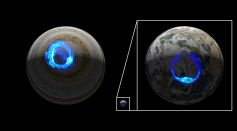
NASA’s Juno Orbiter Resolve Jupiter’s Mysterious 'Dawn Storm' Auroras
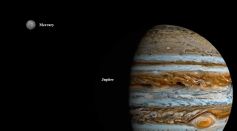
Jupiter and Mercury Conjunction: How to Watch, When to See Rare Astronomical Event
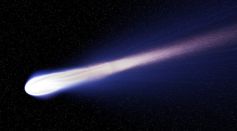
NASA Hubble Space Telescope Spots 400,000-Mile Long Tail Comet Parking Near Jupiter

Rare Triple Conjunction: Jupiter, Saturn, Mercury Alignment This Week Won't Happen Again Until 2026!
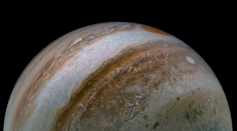
NASA Juno Space Probe Shares Photos of Stunning Deep Jet Streams in Jupiter's Atmosphere
Water Ice Mapped Across Northern Part of Ganymede, the Largest Moon in the Solar System
What’s Causing the Tilt on Saturn’s Rotation Axis?
“Cotton-Candy” Exoplanet WASP-107b Apparently Has Less Core Mass Than Previously Thought
Why are Gas Planets Magnetic? New MRI Research Accidentally Discovers the Answer
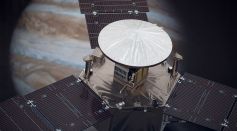
NASA’s Juno Found an FM Signal From One of Jupiter’s Moons
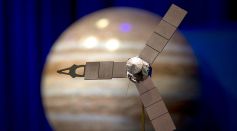
NASA Extends Juno, InSight Missions to Two Planets
Google Welcomes Winter and the “Great Conjunction” with a Doodle
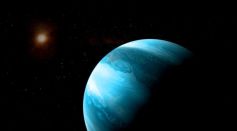
Christmas Star Is Not Actually a Christmas Star; Here's Why
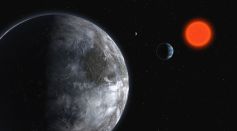
Spectacularly Rare Planetary Alignment Is Coming This December; Here's How to Watch The Christmas Star
Every Planet In the Solar System Will Appear This Week, Even Ex-Planet Pluto
Jupiter's Icy Moon Europa 'Glows in the Dark' Due to Radiation, Scientists Say
Planet Between Saturn And Uranus Was Kicked Out of The Solar System, Scientists Say

Great Conjuction 2020: Jupiter Will Align Closest With Saturn Soon! Here's What to Expect
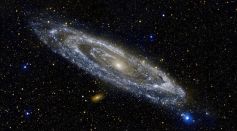
Five Stellar Yet Extreme Facts About Space
Most Popular

Can We Bring Back Extinct Animals? How De-Extinction Science and Technology Work

Why Do Stars Explode? Supernova Formation and the Final Stage of a Star Lifecycle

The Air Pollution Climate Link: What Environmental Science Reveals About Our Changing Planet

Extreme Heatwaves Explained: What Extreme Heat Science Reveals About Our Changing Climate




